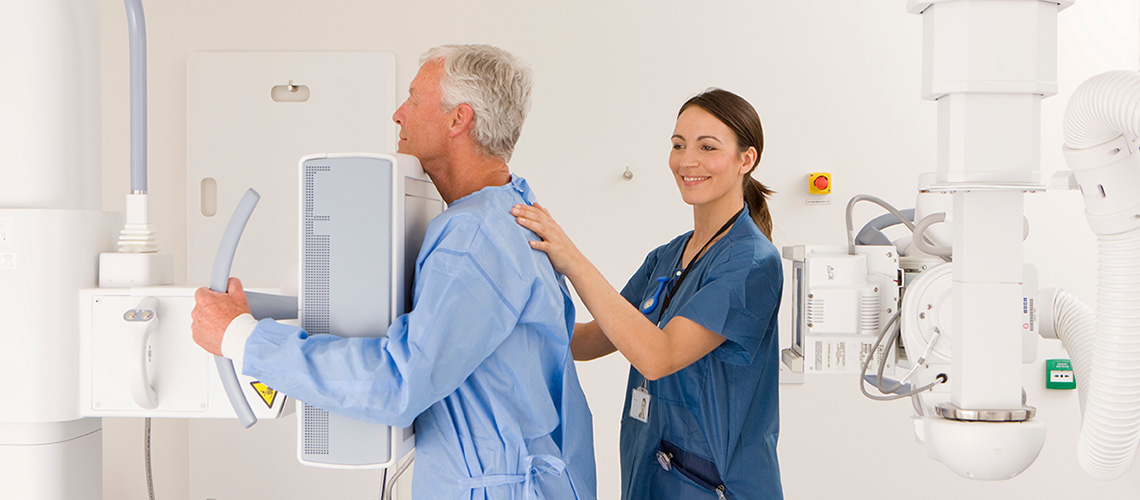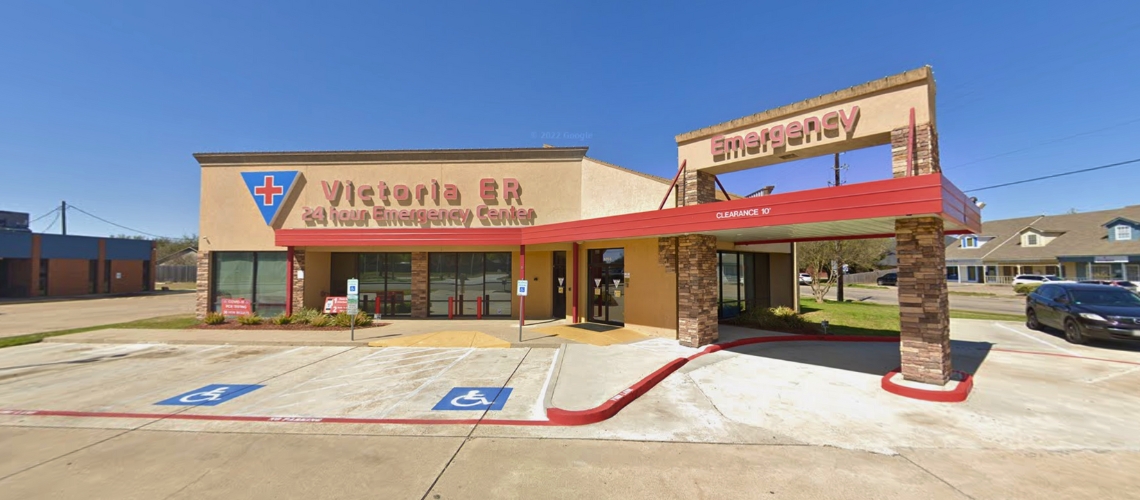Latest News from Victoria Emergency Room

What to Do When Your Child Has a Fever: ER vs Home Care
Feeling off even after drinking plenty of water is a sign your body needs more than a refill. Dehydration doesn’t…

Shortness of Breath: Is it a Medical Emergency?
Shortness of breath can feel unsettling, especially when it appears out of the blue. In Victoria, where heat, humidity and…

Dehydration Symptoms and How IV Hydration Therapy Can Help
Feeling off even after drinking plenty of water is a sign your body needs more than a refill. Dehydration doesn’t…


Flu, RSV, or something else? Testing and care in Victoria, TX
We know how frustrating and worrisome it can be when your child or loved one has a high fever, cough,…

RSV in kids: When to go to the ER in Victoria, TX
We understand how alarming it is when your child is struggling to breathe. At Victoria ER, our board-certified ER physicians…





New Year, New Goals: When to Visit the ER for Exercise-Related Muscle Strains
As the new year rolls in, many people embrace resolutions to improve their fitness, get active, and lead healthier lives.…

Common Childhood Illnesses: Symptoms, Treatment, and Prevention
Childhood is a time of exploration, growth, and development. However, it is also a period when children are particularly susceptible […]

